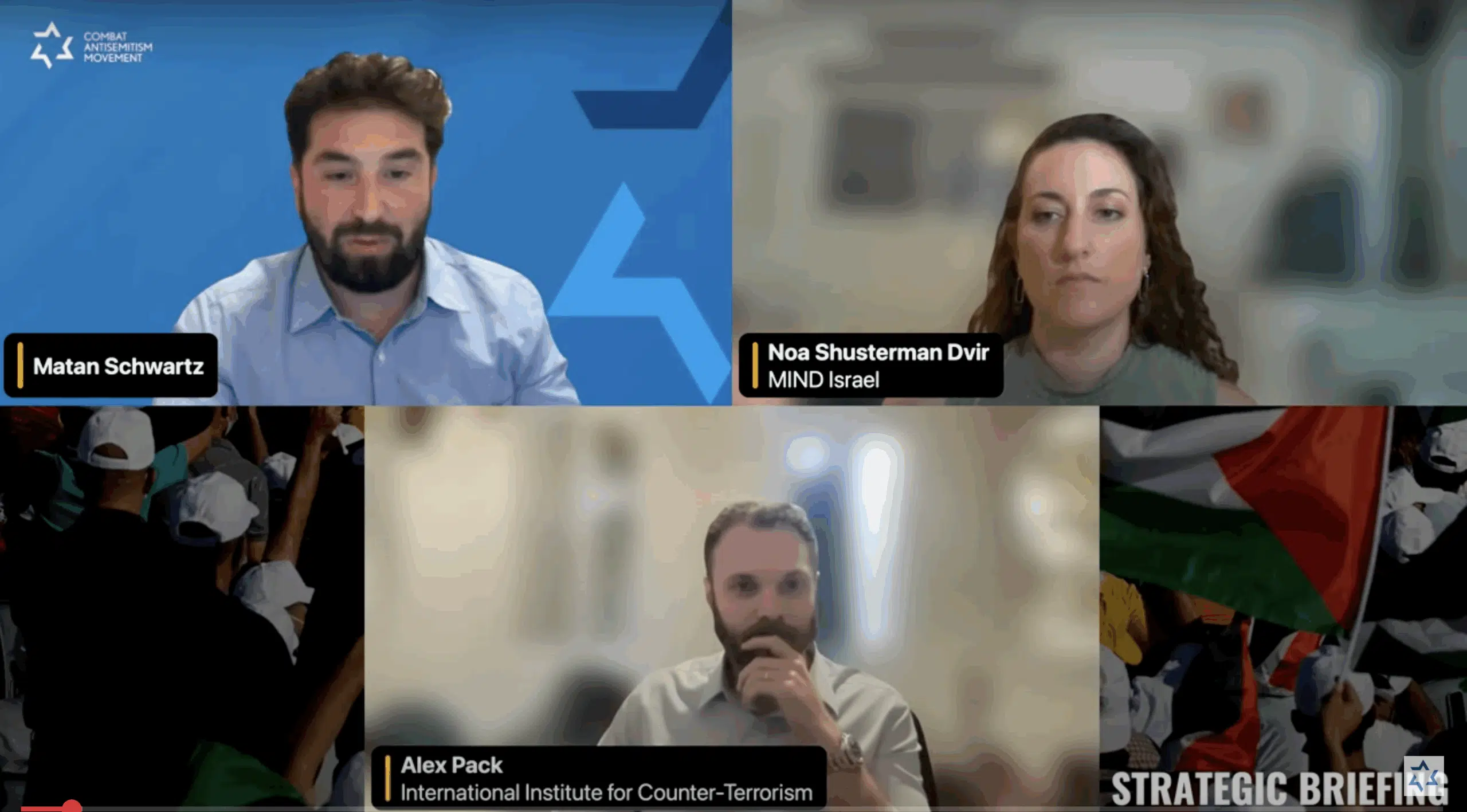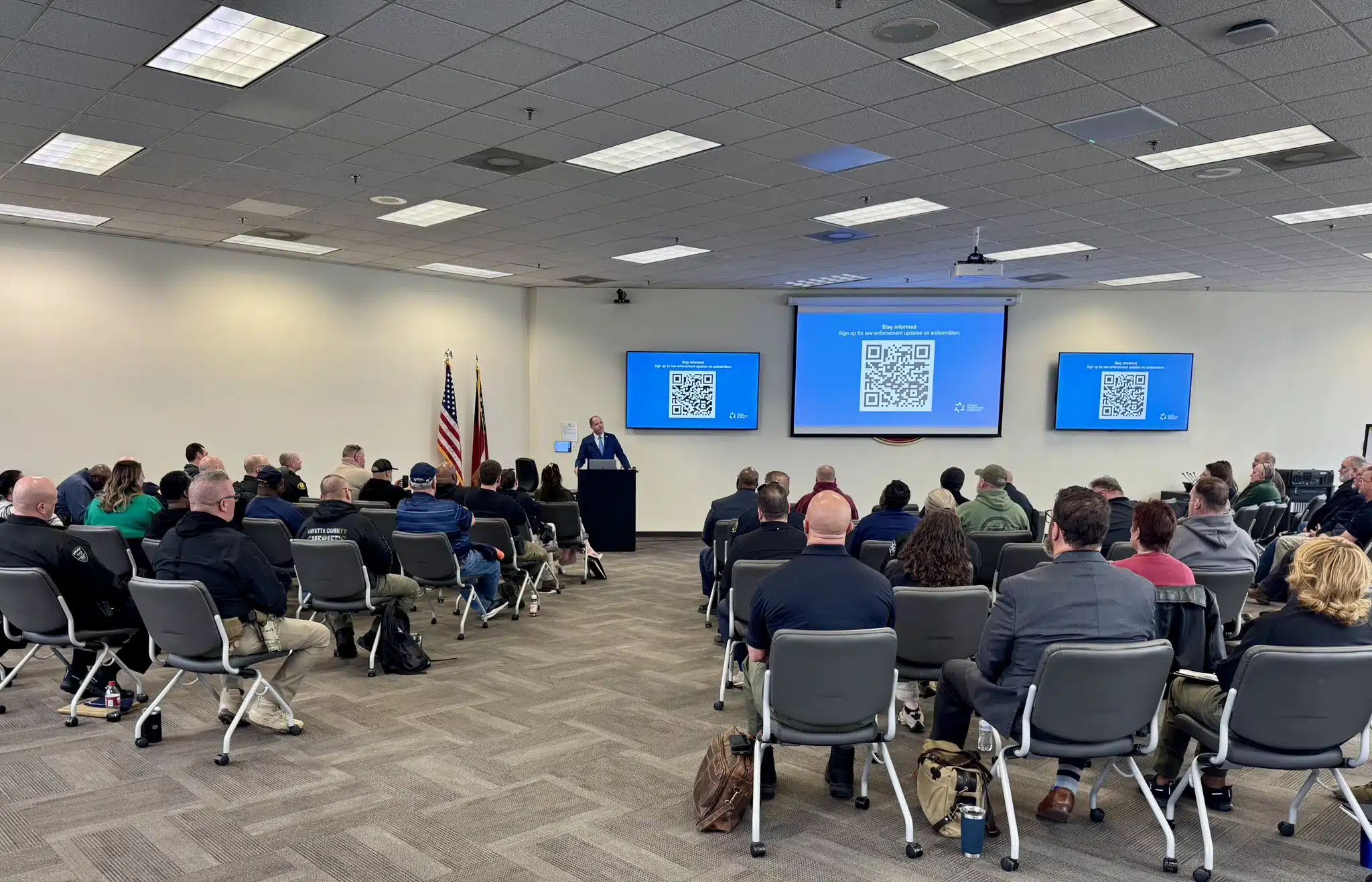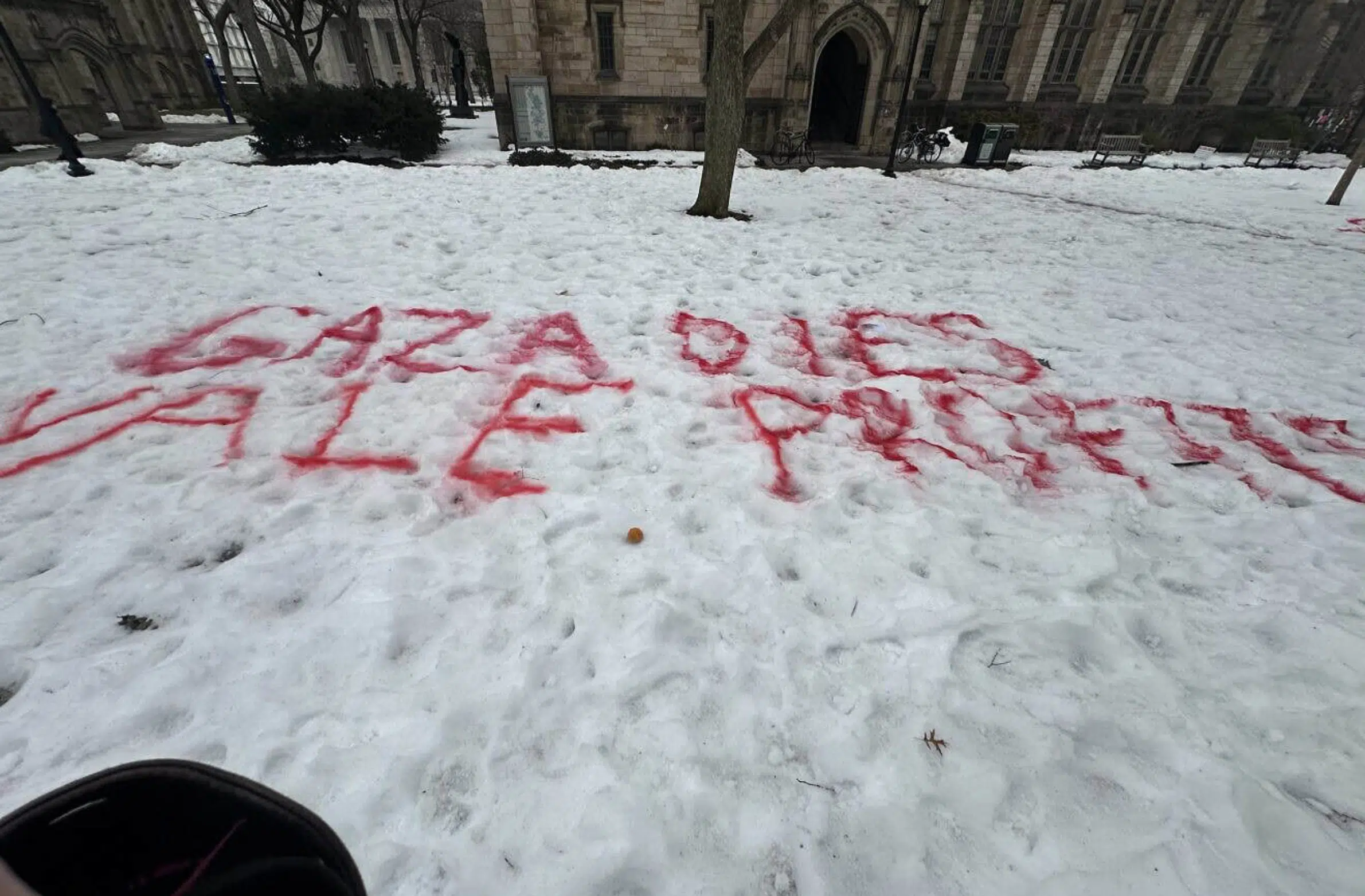|
Getting your Trinity Audio player ready...
|
With the 22-month-long war in the Gaza Strip still ongoing, the question of the “day after” and who will govern the coastal enclave once Hamas is defeated remains more pertinent than ever.
In a special CAM strategic online briefing on Wednesday, two Middle East experts tackled this question with clarity and urgency, outlining the post-October 7th geopolitical realities of the region in detail. The discussion, titled “Gaza, Judea and Samaria, and the ‘Day After’: Rethinking Palestinian Governance,” featured Noa Shusterman Dvir, a research fellow at MIND Israel, and Alexander Pack, a researcher at the International Institute for Counter-Terrorism (ICT) at Reichman University, and was moderated by CAM Director of Executive Affairs and Partnerships Matan Schwartz.
Watch the full briefing HERE:
A Crisis of Capacity
Shusterman opened by challenging common assumptions: the Palestinian Authority (PA), often treated as a potential governing solution, was already in deep crisis long before October 7. “The Palestinian Authority at that point was already in a crisis mode. Very weak,” she said.
She pointed to internal corruption, a collapsing economy, and growing public disillusionment as factors that have eroded the PA’s legitimacy. Hamas, she emphasized, has exploited these weaknesses not only to attack Israel, but to undermine the PA’s authority and present itself as a more “authentic” Palestinian voice.
The financial collapse of the PA has been accelerated by Israel’s enforcement of the “pay-for-slay” law, which withholds tax revenues equal to the stipends the PA pays to terrorists and their families — as well as by other fiscal deductions.
“The PA claims it’s summing up to eight billion shekels, which is the equivalent of its annual budget,” Shusterman noted. Palestinian security forces, the backbone of the PA’s authority, have been receiving only partial salaries for years, weakening their ability to function.
Still, she stressed, the PA has not collapsed and is now actively positioning itself to play a central role in Gaza the day after the war. “It knows that it can’t do it right now. It knows that it has to go a long way for reforms,” she said.
The Long Game: From Counter-Terrorism to Counter-Insurgency
Pack argued that any meaningful solution must go beyond counter-terrorism and instead adopt a counter-insurgency approach. Hamas, he explained, is not just a terrorist group — it also governs, provides services, and commands grassroots loyalty.
“This is not a ‘day after’ strategy. This is a thousand days after, a 2,000 days after,” Pack said. Real change will take years and must be supported by international actors. He laid out a three-phase roadmap:
- Clear: Remove Hamas’s operational infrastructure.
- Hold: Secure and stabilize territory with international backing.
- Build: Transition to Palestinian-led governance, ideally a reformed PA.
But Israel cannot and should not do this alone. “Israel doesn’t have legitimacy in the eyes of members of the Palestinian population right now,” Pack said. That legitimacy must come from a governing authority that Palestinians recognize as their own.
As the discussion made clear, any vision for the “day after” Hamas cannot ignore the deep dysfunction at the heart of Palestinian governance. The PA may be the most immediate option, but its ability to govern effectively remains doubtful without fundamental reforms, sustained external pressure, and a long-term strategy grounded in security and accountability.









